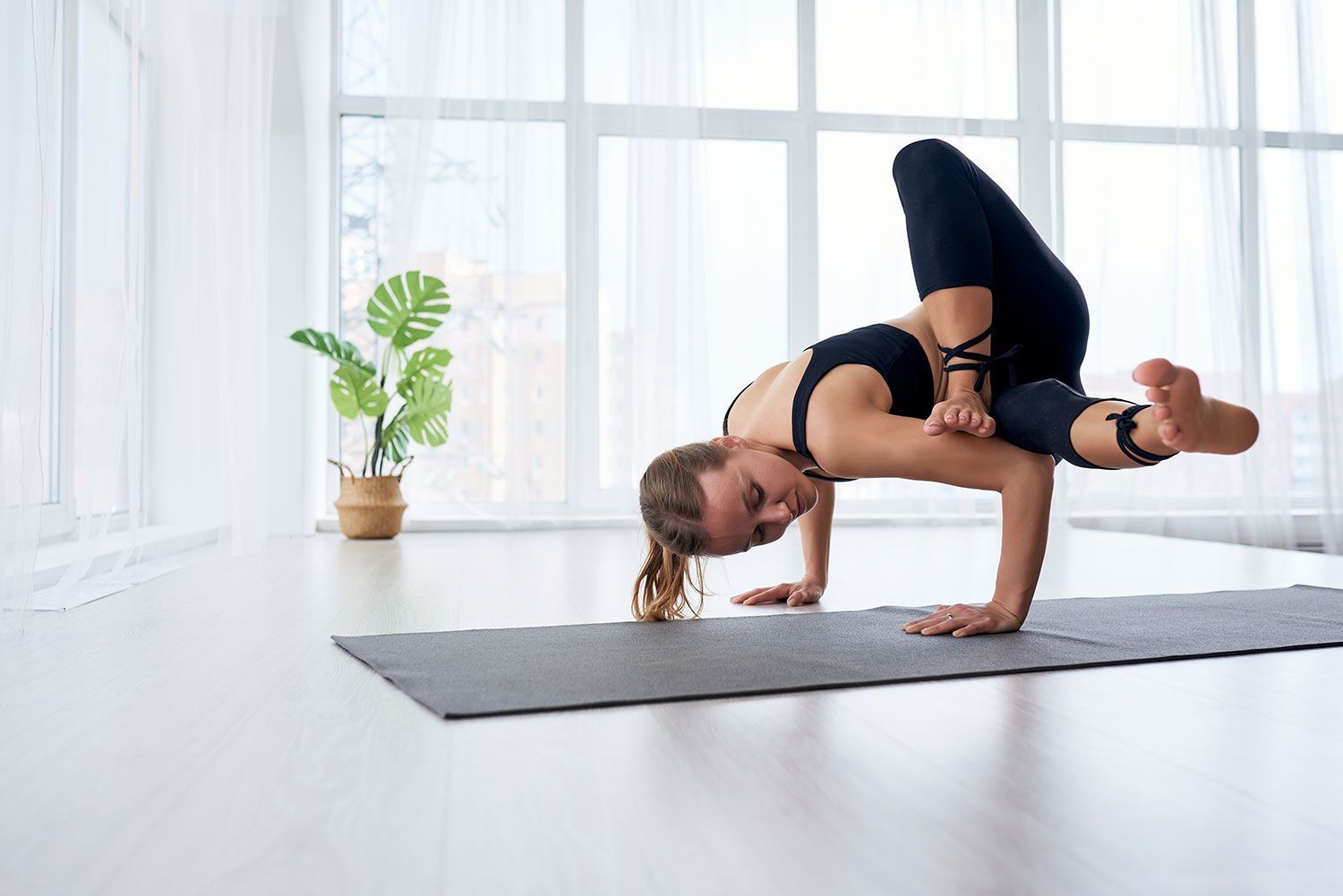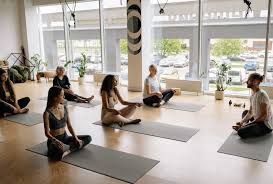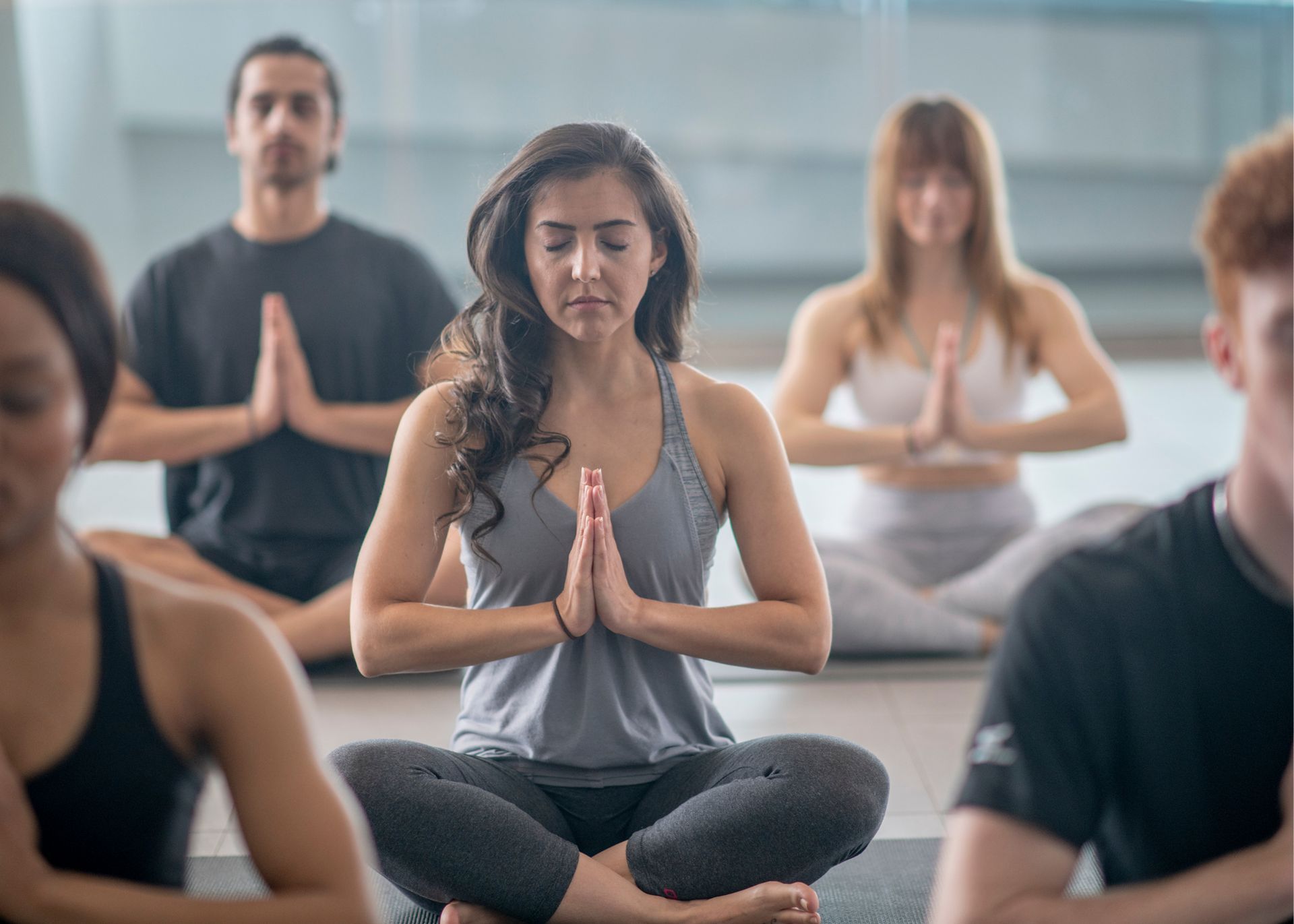Should Your Yoga Practice “Improve”?
A friend and fellow yogi stayed after class one night and asked our instructor a very significant and important question – one which took our instructor slightly aback and made him pause before answering.
She asked something to effect of: “I’ve been practicing yoga for years. Shouldn’t I be better at it…?”
I’ve often wondered about that.
Instead of feeling great pride in having practiced yoga for over twenty years, I occasionally feel a little apologetic when people ask how long I’ve been practicing.
As if I should be much “better” at it.
Yoga is not a pass/fail. It’s your practice, and aside from observing basic alignment protocol and keeping an eye of safety issues, there’s really no “wrong” way to do it. Ergo: there should also be no “right” way to do it. You’re not graded, evaluated or judged; there is no expectation by anyone else about your “performance” and you, as a practitioner, should not be tied to any “result”. There’s no bar to pass.
Yes, I believe that there’s a certain amount of proficiency gained by doing an activity in a repetitive way; I’m better at voicing (my main job) than I was ten years ago. I make better pizza dough than I did years ago. You refine, you focus, and you improve on anything that devote time and energy on.
So why should it be any different for yoga?
It follows that years of repeating the same asanas should create a rote proficiency.
Except that’s not what yoga is all about.
My understanding is that each yoga class is a completely new practice.
What you were able to do last week (or yesterday) is not necessarily what you’re able (or even meant) to do today. You might have better balance today than you had in last Wednesday’s class. Last week, I found myself effortlessly in king pigeon where I have struggled to persuade my knees to allow it in past classes. And they may *not* necessarily allow it next week. And that’s OK.
I do find a profound improvement in my overall strength. I feel more graceful and more “inhabited” in poses than I have ever felt. And the best “improvement” I’ve noticed is a greater sense of self and self-care in my practice now. Twenty years ago, I may have observed a classmate in a full Urdhva Dhanurasana and thought: “Why? We have the same anatomy. What’s so different about my body that I’m against trying that?” Now I see someone in that asana, and I say to myself: “Wow. Look at that.” (For the record, I attempted it for many years – even had private tutorials on how to do full wheel: it’s just not for me. And that’s OK.)
I would urge anyone who is frustrated at their “progress” or discouraged that their poses are not what they would consider to be “textbook” or “Yoga Journal Cover-Worthy”, despite years of practice, to look instead at areas in which they *have* improved: calmness, serenity, acceptance, strength, and the physical “insurance” you may have accrued by simply staying the course, being dedicated, and seeing each class as a whole new practice. The fact that you enthusiastically look forward to class; that feeling when you really get immersed in a class and the time flies, and that sweet, sweet yoga “hangover” where you’re calm, relaxed, and settle into yet another deep, restful sleep: those are benefits which far outweigh the disjointed concept of perfection or “improvement” which we sometimes strive for.










